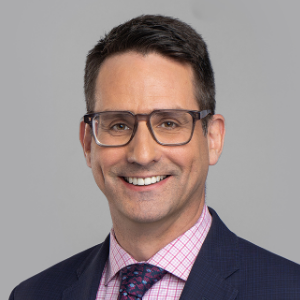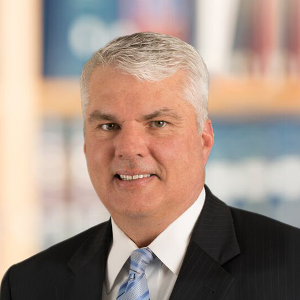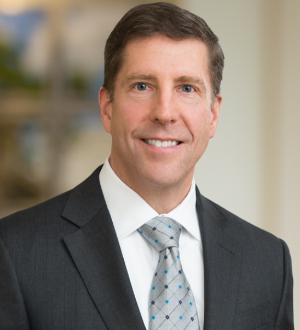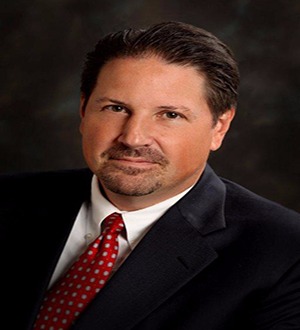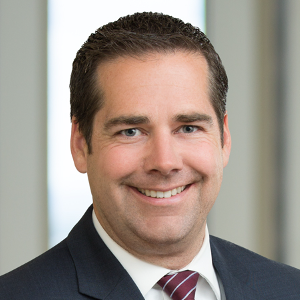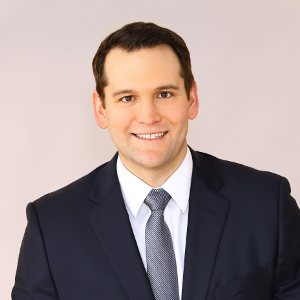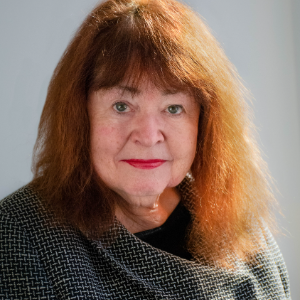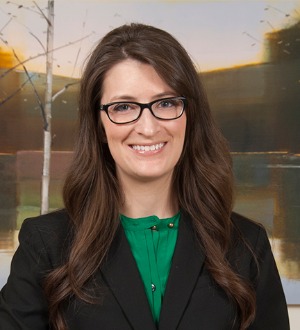Preparing for Your Client’s Discovery as a Lawyer
Tip #1: Know the accident benefits file
You may not be handling the accident benefits file but know the status of benefits, the amount paid to date, and any entitlement that is in dispute before you go to the discovery on your tort case. Of course, you can give an undertaking to get these answers later but remember, the defence lawyer is going to have to leave the examination and write a reporting letter to his or her client. If you want to put your best foot forward and have meaningful settlement conversations or a mediation this is information the defendant needs.
It reflects poorly on the strength of your client’s case if you have to give an undertaking to get this information and at a minimum it will delay meaningful settlement discussions, which is a disservice to your client.
This rule applies to any collateral benefits or related actions that apply to the case at hand.
Tip #2: Look at your client’s Facebook page and other social media profiles
Leaving the fight of whether this material is relevant in any particular case, you can’t prepare your client if you don’t know what is there. Make sure you’ve asked your client which social media platforms they use and then go and have a look for yourself and see what it there.
Tip #3: Review your own schedule affidavit of documents
Make sure you’ve included all of the relevant documents and sent copies to opposing counsel and be sure that you’ve reviewed any documents listed in your schedule “B” so you know the basis for your claim of privilege and the material facts contained in the documents because you are likely to be asked those questions.
Preparing Your Client
Tip #1: Explain the Process
Once you’ve completed numerous discoveries it is easy to forget how intimidating the process can be to an ordinary person. Explain to your client who is going to be in the room and the role of each person including the Court Reporter, the defence lawyer(s), and you. Tell your client that he or she can ask for a break.
If multiple parties are being examined on the same day prepare your client for the fact that he or she may spend several hours in the waiting area. All of these things, if left unexplained until the morning of the discovery will heighten your client’s anxiety and frustration and make it harder for them to focus on giving their evidence.
Tip #2: Language
In the personal injury context there are several questions that you know are going to be asked of your client that require precise answers. Often times the way people describe their injuries or abilities in everyday conversation can lead to a very different impression in the formal setting of an examination for discovery.
Try to anticipate the questions and give your client the language he or she will need to accurately answer the questions. For example, encourage my clients to describe pain in terms of intensity, duration, and frequency. These are all different and important aspects and an unsophisticated client could easily give inaccurate evidence simply because they don’t have the language to accurately describe their problems or abilities. It is your job to give them the language so they can accurately give their evidence.
I tell my client’s to never say never. In colloquial terms if a back injury has stopped you from walking your dog for all but two or three days since an accident you might truthfully tell a co-worker that you never walk your dog anymore. However, this same answer given at an examination for discovery is not accurate and, if the defendant has surveillance of one of the two or three days you were able to walk the dog you now have a major credibility issue.
Your client’s evidence needs to be precise so advise them to avoid conversational short hand, that is “I never walk the dog anymore”, but rather to take the time to explain that they’ve tried to walk the dog and the consequences of that attempt.
Tip #3: Pre-accident medicals, statements, e-mails etc.
Review the documents with your client. Whether that is the pre-accident medical records to review some of the difficulties your client was having before the accident, a statement they gave to the police, that angry e-mail they sent to their boss in a wrongful termination case, or a comment they made to their doctor, it is vital that you review these documents with your client.
For example in a personal injury action your client is going to be asked about their pre-accident medical history. Remember, they’ve been living with the fall out of their accident sometimes for years by time they reach a discovery and they are justifiably focused on that but if they forget that they were seeing their doctor for headaches even before the accident there credibility will be badly damaged. You can prevent that with a quick review of their pre-accident medical records.
Similarly, the comments recorded in medical records, statements given to the police or others can help to refresh your client’s memory and you do your client a great disservice if you fail to review this material with them before they face the opposing lawyers questions. It is your job to have reviewed all of the productions so you can bring the key documents to your client’s attention.
Tip #4: Examination for discovery is not a test
You may remember the old advice for a multiple-choice test: when in doubt pick “b”. That does not apply to a discovery. The natural human instinct is to want to be able to answer a question and often times people are tempted to guess at the right answer or fill in some information that they heard or suspect is correct.
In an examination for discovery this can create all kinds of problems. Counsel your client to never guess at an answer but to truthfully explain that he or she does not remember or know the answer.
You need to explain the difference between a guess and an estimate. Estimates are okay as long as the record is clear that it is an estimate; guesses are worse than useless, they are harmful.
You should also tell your client to carefully distinguish between things that he or she knows first hand and things that they have been told by others. Both types of evidence are properly discoverable but should be clearly delineated.
Tip #5: Role Play
Get your client into your office a few days before the discovery and role play the process.
It will help reduce your client’s anxiety and give you a chance to polish your client’s speaking style with a few immediate pointers. Most people learn better by doing then by reading or listening so simply sending your discovery prep letter or even running through the above tips with your client is unlikely to be as helpful as practice.
Give your client a chance to practice giving evidence in the safety of your office even on one or two topics that you know he or she will be asked about and the client will be far better prepared than after hours of listening to his or her lawyer offer tips and pointers.
